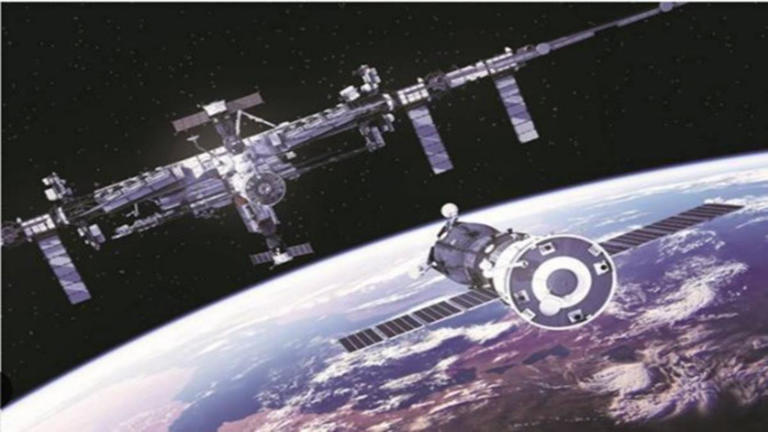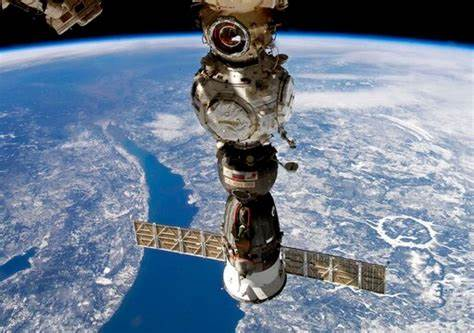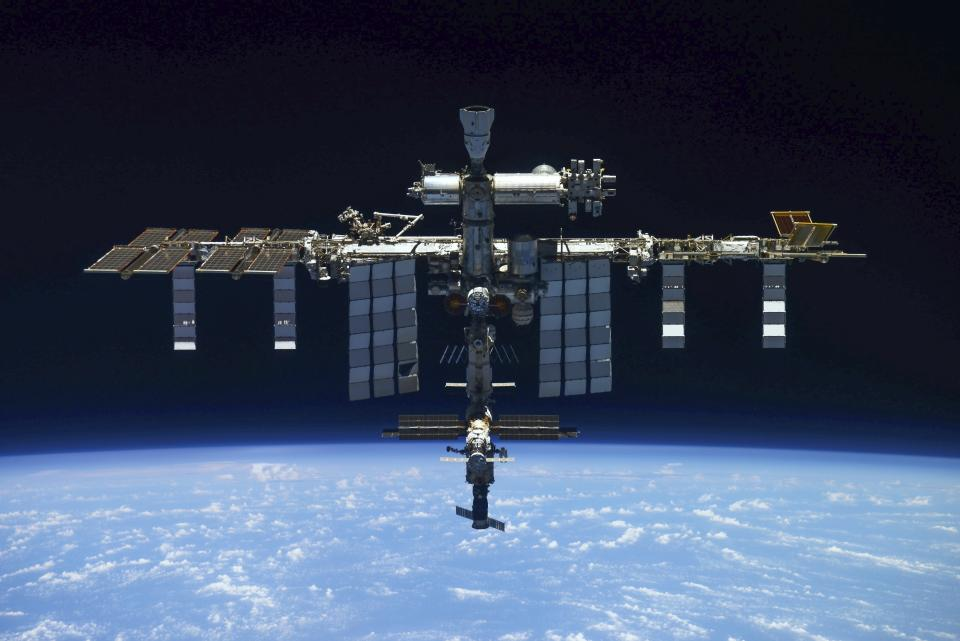Russian space capsule leak — Here’s what happened
- ayush devak
- Dec 22, 2022
- 2 min read
Roscosmos, the Russian space agency, faced an untoward situation at the International Space Station last week when a space capsule that was supposed to take cosmonauts on a spacewalk started Dys functioning. The space organization clarified on Monday that a leak occurred in the space capsule’s coolant, but it does not require the evacuation of its crew members. The agency noted that it could launch a replacement capsule if necessary.

The Soyuz MS-22A capsule is also scheduled to crew members on ISS to Earth. After the liquid leak incident, the panel of experts will meet later this month to determine the future of the Soyuz MS-22. The next scheduled launch of the Soyuz is in March, but can be cancelled if required, the Indian Express reported.
The incident occurred as two Russian astronauts were preparing to perform a spacewalk outside the station. After monitoring the situation through a live video feed, mission control aborted the spacewalk.
NASA and Roscosmos stated that the incident didn’t pose a threat to the station’s crew members. The space agency noted that the leak might have been triggered by a piece of space junk or a micrometeorite. According to Roscosmos, the temperature of the vessel’s crew compartment increased to 30 degrees Celsius.

The temperature inside the equipment section of the capsule started to decrease from 40 after ground experts turned on some of its systems, Roscosmos noted.
The astronauts in the Russian segment of the Soyuz MS-22 used ventilators to cool the cockpit to bring it down to comfortable levels. The space agency noted that the increase in the temperature was not considered a critical issue and did not affect the functioning of the vessel’s equipment. It also said that the ship’s control system did not experience any issues.
The next-generation Soyuz spacecraft, which is known as the MS-23, has undergone various tests in preparation for a launch. If the situation is resolved, the vessel could be used to carry out a scheduled return mission, according to Roscosmos director Yury Borisov.
The agency has also prepared contingency plans if the situation requires a change in the crew members. Currently, the station’s crew members are Russian Sergey Prokopyev, NASA’s Josh Cassada, Japan’s Koichi Wakata, and Roscosmos’ Anna Kikina.

YouTube: Unexplained leak from Soyuz spacecraft forces Russia to abort ISS spacewalk mission - YouTube
Website: Blog | brahmastraspace



Comments